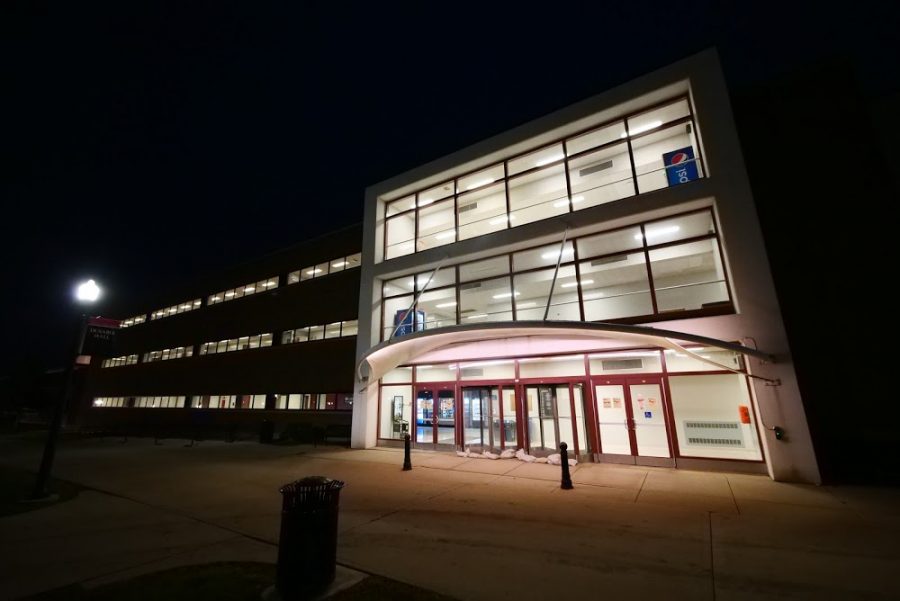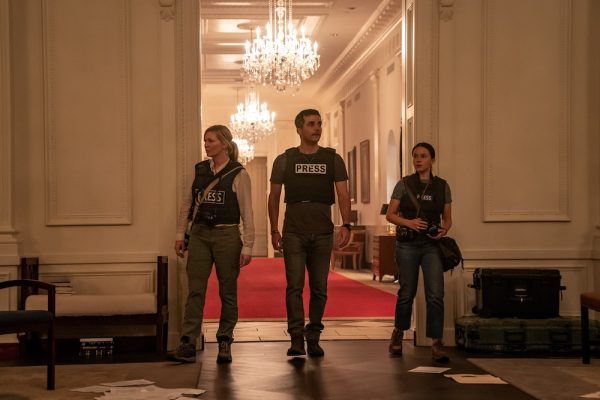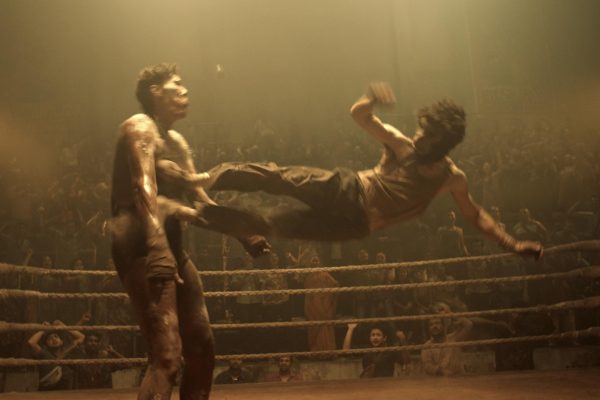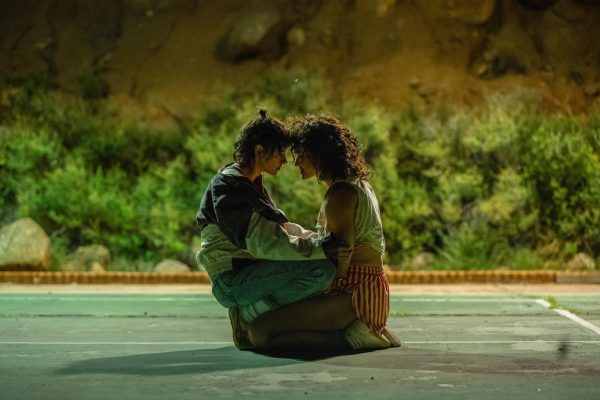Review: 20th annual independent student film festival Reality Bytes
Part one shows promise for all of the filmmakers involved
DuSable Building
October 30, 2020
The 20th annual independent student film festival Reality Bytes premiered Oct. 21 for free via Vimeo, and will be available until Nov. 21. The film festival is broken up into three parts. Each part consists of five to eight student films by film students with runtimes of around an hour and a half. They have been submitted by students around the world for this independent film festival.
Part one consists of six films that range from cute animated shorts to a deep dive into how sexual violence affects its victims. While these are student films, there’s promise and enlightenment from these six films.
‘Horizon’
Made by Lance Pospiech and Jason Baker, who come from Thomas Downey High School, “Horizon” follows a cute little robot on a foreign planet as it examines the planet’s unknown rock formations and ecosystem. There’s some really solid groundwork in terms of the animation, especially when it comes to the robot and rock formation designs. The film nails the cuteness of similar animated shorts that Pixar releases. There’s a sweet theme about appreciating the things you don’t know are there at the center of the film and the ending delivers a great smile as the robots finally realize what beauty they’ve been missing right above them.
‘Evasion’
Made by Yunbing Li, “Evasion” follows a young woman as she wakes up in a hospital with a gap in her memory. She tries to figure out why she’s having a weird memory connection to other patients and staff members. The editing is this film’s biggest strength. The editors really nail the disorienting feel of the situation as the main character doesn’t know how to handle the hazy mystery of her lost memory. The creators also show great attention to detail in how they use colors throughout the film.. The eerie score adds to the mystery a great deal. The film does tend to rely on narrative tropes found in genre films like these. “Evasion” is a little rough around the edges because of the narrative tropes, but the film delivers from a technical standpoint.
‘Displaced’
“Displaced” is a documentary that tackles the issue of gentrification that plagues Latinx neighborhoods in Chicago in the summer of 2019. “Displaced” does an excellent job at capturing the sense of community and culture within these Chicago neighborhoods through its cinematography. The creators of “Displaced” bring awareness to generational issues that deal with structural racism like red-lining and gentrification through local stories that prove these issues are more prevalent than ever. Only aspect that feels out of place is the abrupt editing when it comes to the interviews. Besides that, “Displaced” is an important short documentary everyone should watch.
‘The Call’
“The Call” follows a man contemplating suicide as he recieves a mysterious call from an unknown woman on the bridge’s payphone. Up until this point in part one of the festival, “The Call” was easily the most emotionally impactful viewing. The concept of a woman calling this payphone on a bridge whenever she feels like someone might need help based on instinct is a beautiful and hopeful concept. The entire dynamic of trying to help someone in their most desperate moment after her experience with a family suicide is both tense and nerve wracking. There’s some spectacular visual storytelling through its cinematography and the film never fails to miss on the emotional punches. “The Call” is a perfect short film whenever there’s a need for hope in your life.
‘Watermark’
“Watermark” is a masterful dive into how sexual violence affects its victims. Meg is moving into a home with her boyfriend as traumatizing memories terrorize her in her new home. “Watermark” is the longest film in part one and with its time, “Watermark” successfully shows the horrors of PTSD of past sexual violence. The chemistry between the two leads is outstanding. The direction is exceptional and it treats sexual violence and the effects that stem from it with respect and care. “Watermark” is the best film of part one.
‘Stew’
“Stew” is a short documentary that follows Stew Jones, a restorer of cars who lost his sight in a car accident. When talking about what makes documentaries great, the viewer should care about the predicament and become informed, and “Stew” does that. It’s easy for the viewer to fall in love with Jones’ life story and ambition to fulfill his favorite hobbies despite losing his most important asset in that line of work, his eyesight. The music also compliments the film very well with its somber violins. “Stew” delivers an inspirational story in its short runtime.
Part one of Reality Bytes has something for everyone: documentaries, cute animated shorts and impactful stories of life’s hardships. Most importantly, part one shows much promise for all of the filmmakers involved.













